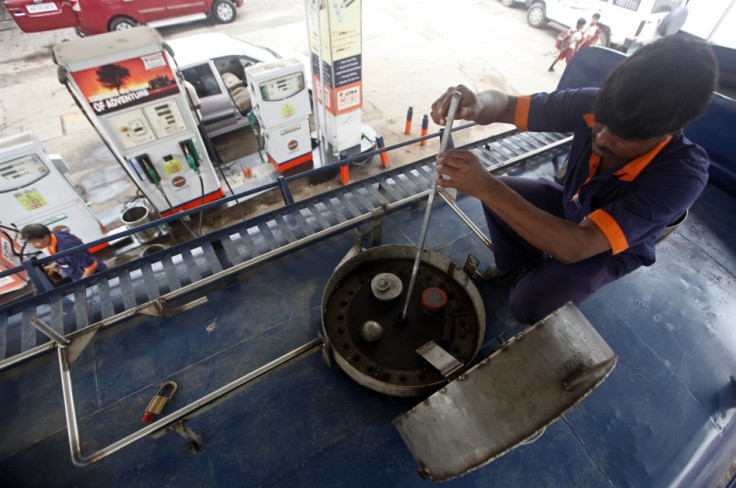India Likely to Deregulate Diesel Prices in Six Months

India will likely begin deregulating diesel prices in six months, as the country looks to ease its subsidy burden amid a huge current account deficit.
Oil Minister Veerappa Moily said the country will free up the fuel price for market forces and lift the state-fixed discounted rates over the next six months.
"In six months, diesel sector will be deregulated," he said at the KPMG Energy Conclave in New Delhi.
India is spending huge sums to subsidise diesel, which is widely used in the country for transportation and electricity production.
State-owned fuel retailers are controlling more than 90% of diesel sales in India. They sell diesel at a government-fixed price, which is less than the cost of production, helped by a subsidy scheme running in the country for several years.
Retailers have been suffering significant losses as they were forced to sell at fixed prices, despite fluctuations in international prices and foreign exchange rates.
India, the fourth largest consumer of energy in the world after China, US and Russia, is meeting about 75% of its energy needs through oil imports. India's oil consumption soared to 157.057 million tonnes in 2012-13.
In order to cover the losses, the government in January allowed retailers to increase diesel price by up to half a rupee per litre every month. The country is also planning to lift subsidies on the fuel through the move.
"Under-recoveries (losses on diesel sales) had come down to 2.50 rupees (€0.03, £0.02, $0.04) because of monthly increases but they soared to 14 rupees as rupee depreciated sharply. Currently, under-recoveries on diesel are at about 9.28 rupees per litre," Moily said.
He noted that the government's plan to hike diesel prices gradually will continue, but will not happen suddenly.
Current Account Deficit
India's energy imports have contributed significantly to the country's huge current account deficit.
"The country cannot afford to survive with an import bill of around $160bn for petroleum and natural gas alone. The main area of import is crude oil, where nearly 80% of the demand will have to be met through imports by the end of the Twelfth Plan period," Moily said.
The deregulation of diesel prices and avoiding subsidies would help the country to generate more revenue from fuel sales and narrow its current account deficit.
However, transferring the cost burden to consumers is widely expected to be risky for the Congress Party-led government as it faces a general election a few months later.
© Copyright IBTimes 2025. All rights reserved.






















